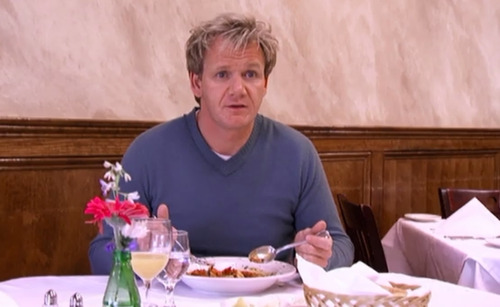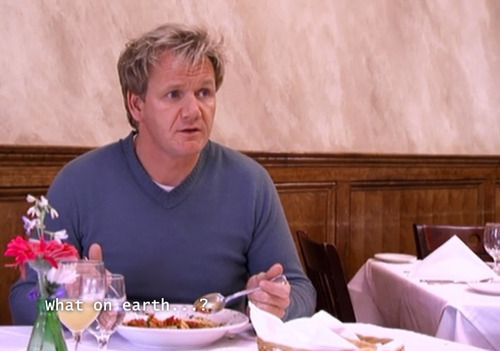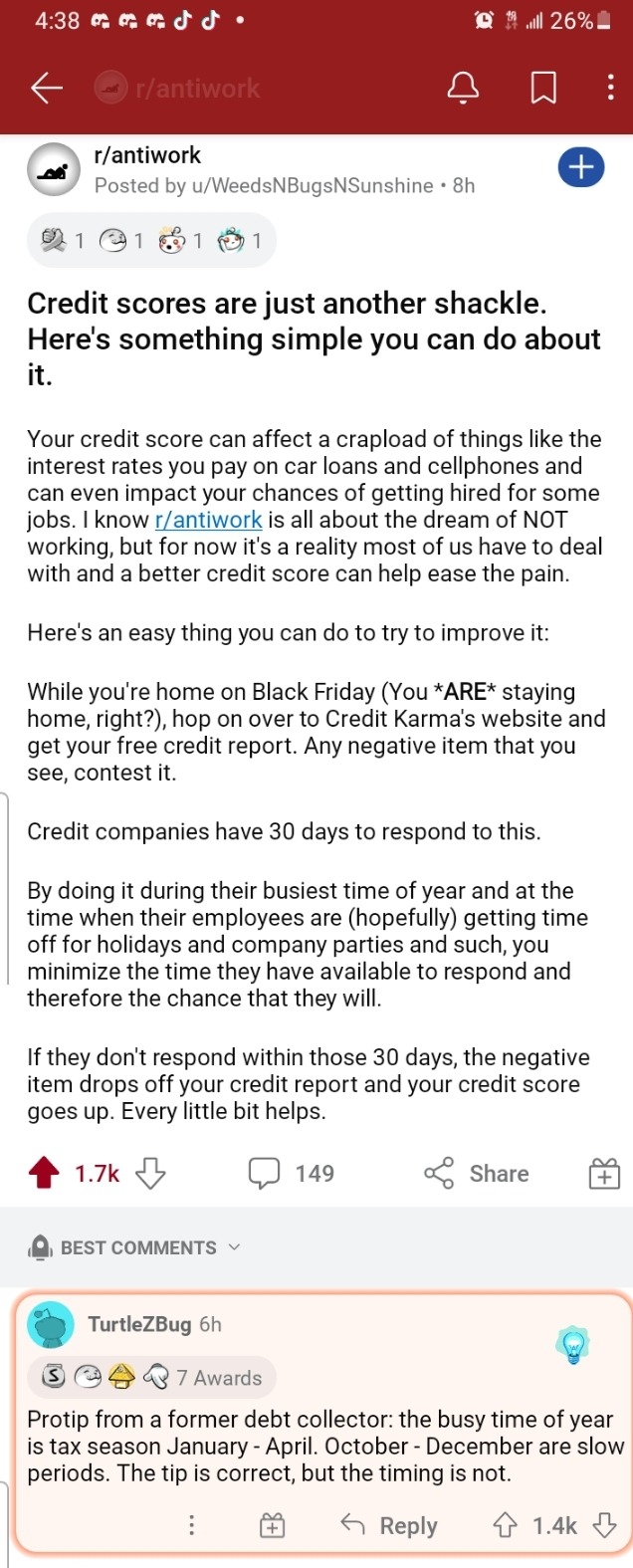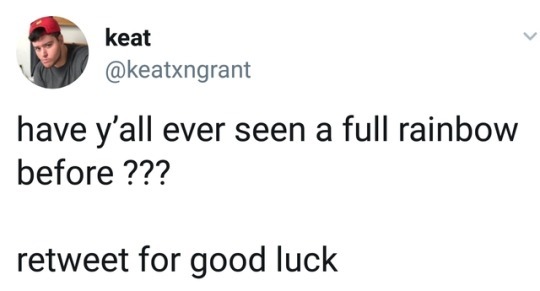Text
“I would not have cost him anything. A maid came free.”
Girl With A Pearl Earring by Tracy Chevalier
#academia aesthetic#aesthetic#chaos#chaotic academia#beautiful#dark acadamia aesthetic#dark academia#light academia#literature#team edward#tsh#richard papen#henry winter#girl with a pearl earring
23 notes
·
View notes
Text
True isolation is when everyone else is talking about their vibrant teenage experience and you’re like. I was just trying to survive
53K notes
·
View notes
Text
“you’re being mean”
stripped of all vigor and righteousness.
shattered me into pieces.
its like we were five again. and i’d lost the only friend i’d ever known.
#academia aesthetic#aesthetic#chaos#chaotic academia#beautiful#dark acadamia aesthetic#dark academia#light academia#literature#team edward#tsh#richard papen#henry winter
36 notes
·
View notes
Text
what if i made her all up?
#academia aesthetic#aesthetic#chaos#chaotic academia#beautiful#mphfpc#miss peregrines home for peculiar children#wanda maximoff#wandavision#i know the end
4 notes
·
View notes
Text
attempting to make her mary elizabeth when she has so long been my sam (that and i dont want her to move on from me)
#the perks of being a wallflower#pobaw#academia aesthetic#aesthetic#chaotic academia#beautiful#chaos
1 note
·
View note
Text
Brutality and Violation in A Little Life
Okay, so, I just want to talk about this a little bit. I’m going to go into some pretty heavy spoilers for this book here, so if you haven’t read it yet, you should skip this post.
I’ve seen some people accuse and refer to the violence and abuse we see in A Little Life as “torture porn”, saying it’s excessive and unnecessary, using their own shocked reactions and otherwise dry-eyed responses during such scenes in the book to back up their claims. I want to address this, because I think it’s an entirely wrong take, and I’ll just explain why.
The entire point of A Little Life is to confront the reader with the reality of certain sorts of lives. And as Hanya Yanaghihara has said, some lives, the lives we don’t see, the lives we are often so afraid to look at, are violent lives, brutal lives, torturous lives. And this book specifically forces the reader to come to terms with those violent sorts of lives, and to come to terms with the consequences, with the results of people, specifically children, living through real violence and abuse.
The abuse Jude goes through in the book is extreme, yes, but not anywhere near impossible, or even improbable. These sorts of things DO happen to people, every day. Once again, just because we don’t see it, or hear about it, doesn’t mean it isn’t happening. It is. And what this book does, what makes it so important, is that it forces us, the reader, to look at something, and acknowledge something as existing, that we otherwise would likely turn away from and pretend wasn’t there. The book doesn’t allow you to do that. It MAKES you look, and so, it makes you see the people that have gone through the kinds of horrors Jude goes through. It makes you aware, whether you want to be or not, of their existence.
Now, in terms of practical story telling, the abuse and violence we see in the book is also necessary, and here’s why.
In order for the reader to fully comprehend why Jude is as damaged as he is, we need to see what caused that damage. Jude’s struggle in the present, his mental health issues, his self-loathing, his inability, no matter how many people tell him he is deserving of kindness and love, no matter how many people tell him he’s good, or extraordinary, his inability to believe it, the impossibility for him to believe it, needs to be explained. Because Jude’s life IS a good one, on the surface. He’s professionally and personally successful. He has a high paying, important job, he has numerous friends who love and adore him, he has enough money to live a comfortable life of privilege and luxury, he’s respected, etc… So why is he so messed up? Making vague, half-hidden allusions to a dark and abuse filled past wouldn’t be satisfying enough, narratively, to explain away WHY Jude hates himself as much as he does, why he feels the need to self-harm to such an extreme and devastating degree, why his memories haunt and torture him so persistently, why he’s so unable to make them stop. A Little Life deals largely in psychology, and patterns of behavior. Jude thinks very specific things about himself, all of which are rooted in the abuse he suffered as a child. His belief that he’s unclean, that he’s spoiled and guilty, his belief that he’s a bad person, his inability to say no, or to defend himself, or understand that he even is ALLOWED to defend himself, his cutting, etc… All of this is tied up, inextricably, with what happened to him in childhood. We, as readers, NEEDED to witness Jude’s past in order to understand his present. Without it, without witnessing specifically what it is that happened to him in his childhood, we wouldn’t have nearly the psychological understanding of Jude that we end up having. His struggles and difficulties and sufferings in the present wouldn’t make any sense to us. We would wonder, by the end, why it was he felt he needed to end his life, rather then the perfect understanding we’re actually left with, rather then the empathy we have for his choice, and so one of the driving and most important themes of the book (the question of justified suicide, of what makes life unendurable) would be lost, and that would be a massive failure, and make the book far lesser as a work of art. With the inclusion of Jude’s past, the detailed and unflinching view we get into his past, we aren’t left to wonder why he’s as broken and damaged as he is, we don’t question his pain and suffering, we don’t ever think he’s being overdramatic or self-indulgent. Instead we understand perfectly why he is the way he is. As Andy tells Willem at one point, make him tell you what happened to him, and you’ll understand why he is the way he is. Like Willem needed to hear the truth, as brutal and horrible as it was, we too, as readers, needed to hear it as well.
There’s one other point I want to address too, which I’ve heard some people posit as proof that the violence and abuse we see in the book was included only for the sake of shock value. They say during these scenes of past abuse, they felt more shocked than anything, but didn’t find themselves tearing up or particularly emotional, and this is somehow supposed to be proof that the scenes are excessive and unnecessary and only included to shock the reader.
To me, this claim only shows poor reading comprehension. It shows a failure to understand the view point presented in these flashbacks.
All of the abuse scenes are told from Jude’s perspective. We are witnessing them through Jude’s eyes. One point Hanya Yanagihara has made again and again in interviews about child abuse, about what makes it such a particularly awful thing, is that children don’t possess the intellectual or emotional capacity to understand what it is that’s happening to them, and so they aren’t able to process it at all. They aren’t able to comprehend it.
While these things are happening to Jude, then, while he’s being beaten, or emotionally, mentally, or sexually abused, he doesn’t have the mental or emotional maturity yet to comprehend why these things are happening to him, or what these things even are. And again, remember, these scenes are told to us through Jude’s perspective on them, his thoughts, his feelings. Jude can’t understand what’s happening to him. While we as readers can understand it, and know intellectually that what is occurring is a tragedy, and heartbreaking, Jude can only respond to it with fear and confusion. He doesn’t have the mental or emotional capacity yet to be heartbroken, or sad, over what’s happening. He only has the capacity to be confused and afraid. And those are the emotions we’re presented with during these scenes. Confusion and fear.
Early on in the abuse, Jude also responds in the way children do when something is happening to them that they don’t understand. He throws temper tantrums. He becomes violent, screaming and throwing himself against walls and onto the floor, rebelling in a confused state of pain and terror to something that he can sense is bad, but doesn’t yet understand WHY it’s so. Eventually, in response to these tantrums, his abusers beat him badly enough, enough times, that Jude learns responding at all to what’s happening to him only makes it worse, and so he learns to repress what he’s feeling. He stops throwing tantrums, he stops screaming, he stops crying, and he shuts down. Again, remember, these flashbacks are being shown to us entirely from Jude’s perspective. So he shuts down and goes entirely within himself, learning, even , to disassociate during instances of abuse, to pretend it isn’t happening to him. That he’s only somehow witnessing the event, not experiencing it. The scenes of abuse then take on a dreary, resigned, defeated quality. They’re MEANT TO. Because, again, we’re experiencing them through Jude’s perspective. The abuse becomes an almost mundane, agonizing and oppressive part of his every day life. An inescapable reality for him. A common and inevitable part of his existence. Jude falls into a state of despair. He isn’t consciously aware of feeling anything but that resignation, then, and we feel that resignation with him. Extremity of emotion is missing from these scenes on purpose, because we’re meant to feel what Jude is feeling, which is nothing at a certain point. He disassociates, detaches, and represses his anger and pain and fear. It’s the only way he has of coping with the brutality of his life.
I think it’s also important to acknowledge the sinister, creeping nature of the abuse, and how it’s portrayed, especially in regards to Brother Luke and Dr. Traylor. More than intending to make the reader feel sad, or heartbroken, the scenes with these two, main abusers are meant to invoke in the reader a real sense of unease and unsettlement and fear. We’re aware, in a way Jude is not, that these men are manipulating him, and that their apparent kindness is nothing more than a ruse. Our awareness of this reality, while simultaneously witnessing Jude’s ignorance and naivety, while witnessing his trust, is incredibly disturbing, because we know these men are going to molest him at some point. This isn’t meant to make us cry, so much as it’s meant to make us deeply uncomfortable and frightened for Jude. We know what’s coming, even as Jude doesn’t, and it’s awful to see. And then, once again, we experience the abuse through Jude’s perspective, and once again, because of his lack of emotional or mental maturity, because of his inability to fully understand what’s happening to him, the emotions we find conjured in us are ones of confusion and fear and despair, rather than extreme heartbreak. These scenes aren’t meant to make us cry, they’re meant to make us understand what Jude is experiencing and feeling during this period of his life, which is, after a certain point, just simply resignation, and an oppressive sense of inescapability. More than anything, it is an endless drudge of misery with no end in sight, and that’s the feeling we as readers are left with, because it’s what Jude himself is feeling. He rarely cries, he never shows anger, he never rebels. He never shows any extremity of emotion. He is, more and more, introverted and emotionally suppressed, and once again, that oppressive inevitability which marks his existence is the primary feeling we’re left with.
It isn’t until Jude is older, and able to mentally comprehend what actually happened to him, that the heartbreaking tragedy behind it all comes more to the surface, and the emotions Jude, and thus, the reader, go through are more extreme in their intensity. When Jude starts to realize, as an adult, the nature of what was actually done to him, that’s when we’re met with more emotionally charged reactions from him, and in turn, we find ourselves responding with more emotion. It’s why Jude’s struggles in the present are so heartbreaking, because he’s no longer able to separate himself from the act like he had as a child, he is no longer able to pretend it happened to someone else, to escape inside himself, to shut down emotionally. He’s hit with the full brunt of his reality, and it’s devastating, both to him, and to us.
Hanya Yanaghihara has said that children are far more accepting of terrible living conditions and abuse and ill treatment than an adult would be, because they simply don’t know any better, because they simply don’t know anything else. Whatever their lives are, that’s all they can imagine as reality. They can’t imagine anything past it. And that’s what we see with Jude. As a child, while all of these terrible things are happening to him, he grows to simply accept it as his reality, and can’t imagine a life beyond it, and so he reacts to it with a deadened resignation. There’s an oppressive, suffocating sense to what he’s experiencing, more than extreme sadness, and once again, we as readers are meant to experience that oppressive suffocation with him. When he grows up, and his life improves, and he learns that life can be not just better, but infinitely so, that’s when he starts to understand what happened to him, when he begins to understand the injustice and cruelty of it, and the heartbreaking aspect of it becomes more clear, to both him and to us.
So, in conclusion, the arguments or criticisms people level at this book, particularly in regard to the scenes of abuse, don’t, in my view, hold much, if any weight, because they seem to fail entirely to grasp the purpose behind any of it. It makes them uncomfortable, which it’s meant to, and because it makes them uncomfortable, they’ve decided, as a means of relieving that discomfort, to dismiss it as unnecessary and excessive and included only for shock value, as a cheap trick to ring emotion out of the reader. Again, these sorts of takes fail to understand the purpose or importance of Jude’s past being revealed the way it is. This book is uncompromising, and understands the necessity of facing the ugly reality of child abuse head on. It understands that it achieves nothing by skirting around the issue, or by coddling the reader and making the grim and horrific reality of its subject matter more palatable for them. It would do both a disservice to Jude as a character, and our understanding of why he ends up where he does, and a disservice to real life victims of child abuse, who aren’t afforded the luxury of getting to pretend that what happened to them wasn’t so bad, who aren’t afforded the luxury of looking at it askance and at a remove. The point of this book is to show the lifelong and devastating consequences of child abuse. Jude is unable to escape the pain and vividness of his memories. He can’t get away from them. He’s made to live with them every moment of every day of his life, made to relive the horror of his past again and again, and the reader too is meant to be unable to escape it, is made to relive those moments with him, precisely so that they can then better understand Jude’s suffering, and why life is so difficult for him.
That’s the entire point.
994 notes
·
View notes
Text
i’m so sorry but that band will always sound like your backyard and that night
11 notes
·
View notes
Text
i crave to hold you in my arms and kiss your precious little face. ur touch on my ribs i will love eternally.
#academia aesthetic#aesthetic#chaos#chaotic academia#beautiful#mphfpc#miss peregrines home for peculiar children#wanda maximoff#wandavision#i know the end#wlw love#wlw yearning#wlw
39 notes
·
View notes
Text
I genuinely love the song Sober II (Melodrama) by Lorde.
The fact I know there will be people in this earth that hate it upsets me.
86 notes
·
View notes
Text
my biggest ego booster is having the same mbti and enneagram as mr hamlet himself
#academia aesthetic#aesthetic#chaos#chaotic academia#beautiful#dark acadamia aesthetic#dark academia#light academia#literature#shakespeare#hamlet
18 notes
·
View notes
Text
Reblog this if you slept with my ex-wife Susan.
Trying to prove a point to my divorce lawyer.
899K notes
·
View notes
Note
is jake gyllenhaal gay??
why would you ask us, a narnia blog, this
686K notes
·
View notes
Note
once a girl reported me to an administrator at school bc i was breaking dresscode and she didnt like me. so i pushed her down the stairs. i just kept walking and i dont think she saw me and i never got caught. i know she got very seriously injured and they had to call an ambulance and she transferred schools bc she knew SOMEONE pushed her and she didnt feel safe. ive never regretted it. its been years since i graduated and im on mood stabilizers now, but sometimes when someone is testing my patience i calm myself down by thinking about how good it felt to snap once and how i cant do that again bc i would go to prison probably


183K notes
·
View notes
Note
Ted bundy isn't ugly, you're just a lesbian
Congratulations, this is the worst ask I’ve ever gotten
151K notes
·
View notes

